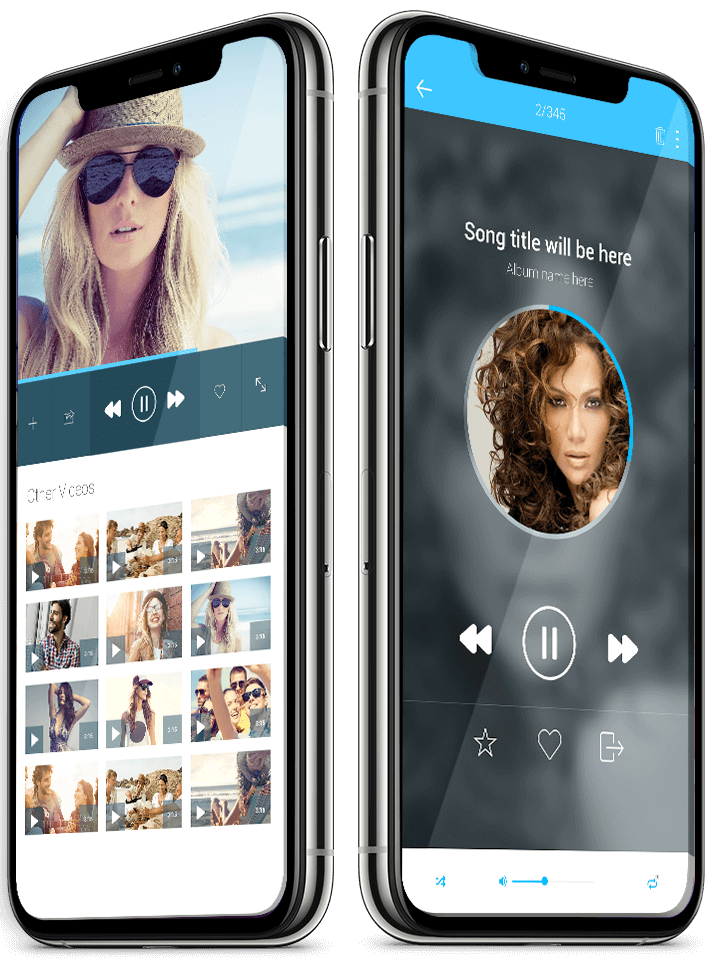It can be difficult to find resources that aid you in your college life. This is why blogs, websites and other resources on the internet are becoming so popular with college students. From tips on saving money to strategies for studying, and even decorating ideas for dorm rooms, there’s a wealth of information available to college students online.

College Grazing is a popular blog for students. The blog provides suggestions and guidelines for students looking to save money by snacking carefully. Students in college are usually on limited budgets, so finding healthy and affordable snacks isn’t easy. Blog For College Kids provides ideas for healthy and inexpensive snacks that are easy to prepare and perfect for students on the go.
The best websites for kids in college are another resource for students. There are many websites designed for college students. They offer study aids and career advice, as well as social media. Chegg is one of the most well-known sites for students in college. Chegg gives textbooks to borrow or buy, study aids and even internships. LinkedIn is another fantastic website for students. Students can create a professional profile, find job openings, and interact with alumni.
It’s important to make the most of the time you have as a student. But, with numerous distractions online it can be challenging to concentrate. Fortunately, some websites are designed to help students to manage their workload. One of them is RescueTime that tracks the amount of time you spend on each website and assists you in identifying areas where you could be more productive. Cold Turkey is another great tool that blocks distracting sites for a certain duration of time so you can concentrate on the task at hand. For students who wish to manage their study time in a more efficient manner, Trello and Google Drive are a great resource. In the end, these and other websites can make a big improvement in performance and keep you in the right direction throughout the semester.
It’s not unusual for college to be one of the most stressful periods in a student’s life. It’s common for students to feel overwhelmed by the pressure of deadlines and the many tasks they have to finish. This is why time management is essential. Time management for college students includes creating an agenda and prioritizing tasks. Students can work without feeling burdened by breaking larger projects into smaller, more manageable ones. Allowing breaks and self-care can boost productivity. This is because it recharges the mind and body. With these strategies college students can take control of their schedules and succeed academically without sacrificing their personal wellbeing.
You must keep in mind the following points when searching for the top websites for college. Look for websites geared toward college students. They might have details and resources that are specific to college. You can also check out the reviews and recommendations of other students. There are reliable websites by looking through reviews and comments left by other students.
Apart from websites and blogs, there are other online resources that could be useful to college students. For instance, many universities offer writing tutoring and online tutoring for students. These can be particularly helpful for students who are struggling with a particular subject or who need help on a writing task.
Students can find social media to be an invaluable source. Platforms like Twitter as well as Instagram are a great way to make connections with other students, join study groups, and locate jobs. LinkedIn is also a good social media platform for college students to use to meet potential employers and develop their professional networks.
The best sources for college students will be contingent on their individual desires and needs. Others may prefer social media as a way to interact with fellow students, or even find job opportunities. It is important to try out different resources and see which ones work best for you.
The internet can assist college students navigate their college journey. Students have access to information on a variety of platforms, including blogs as well as websites, social media and other university resources.

